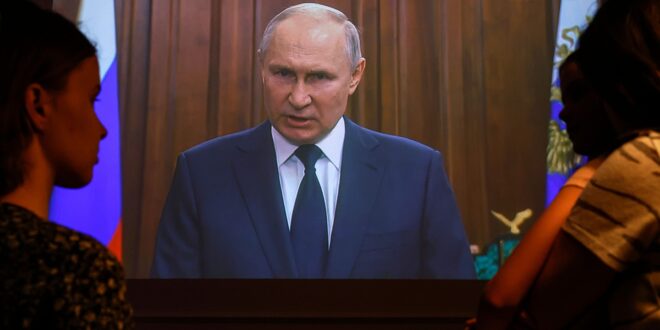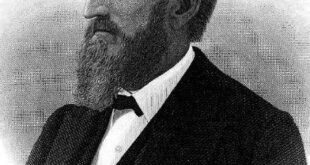Russian President Vladimir Putin’s recent televised address, in which he denounced the armed rebellion by Wagner mercenaries, reveals his obsession with history. Throughout his time in power, Putin has sought to align his rule with earlier Russian leaders, such as Peter the Great and Catherine the Great. He has even connected Russia’s war in Ukraine to historic campaigns led by Peter centuries ago, claiming it as a mission of redemption and reconquest. Putin’s justifications for the invasion of Ukraine in 2020 were rooted in his revanchist, neo-imperialist worldview, in which he dismissed Ukraine’s sovereignty and considered it a borderland destined to be controlled by Russia. He mourned the collapse of the Soviet Union not for the loss of its communist ideology, but because it signified the disintegration of a vast empire.
However, Putin’s recent address deviated from his typical historical references. Facing a significant challenge to his 23-year rule, Putin drew parallels between the mutiny orchestrated by Yevgeniy Prigozhin’s Wagner company and the crisis that led to the Bolshevik Revolution in 1917. He likened the blow suffered in 1917, stealing victory from Russia in World War I and ultimately leading to a civil war, to the betrayal he perceived in Wagner’s actions. Yet, analysts have pointed out the historical inaccuracies in Putin’s portrayal. It was not internal strife that caused Russia’s loss in the war and subsequent revolution, but rather the loss of the war itself that undermined the legitimacy of the czarist government.
Despite the flaws in the historical analogy, it is notable that Putin himself made the comparison. This suggests that he saw himself as the floundering Czar Nicholas II, ousted by forces beyond his control, while identifying Prigozhin as a Lenin-like figure leading the way toward regime change and a new future for Russia. Yet, Prigozhin is not the ideologue that Lenin was but a warlord with more modest aspirations. In a video posted online, Prigozhin claimed that Wagner’s actions were intended to prevent the company’s incorporation into the Russian military. While he criticized influential figures in Putin’s inner circle, he directed no such criticism towards Putin himself.
In a subsequent speech, Putin condemned the organizers of the rebellion but allowed the Wagner forces to depart for Belarus. He attempted to demonstrate unity and strength through a gathering of his security chiefs, including Defense Minister Sergei Shoigu, whose removal Prigozhin had called for. Nevertheless, the rapid advance of Wagner mercenaries towards Moscow has likely unsettled the Kremlin’s power structure, leading to growing unease among Russian elites. The lack of resistance to Wagner’s march northwards raises questions about Putin’s control and the fragility of his regime. Russian officials may come to realize that they can get away with acts of mutiny and other challenges more easily than anticipated.
Putin’s immersion in the Kremlin’s hall of mirrors may blind him to the potentially devastating consequences of his ideological delusions. Czar Nicholas II, whom Putin referenced in his speech, was similarly self-deluded and unaware of the brewing discontent among the Russian peasantry. Putin risks making the same mistake.
 Mind Uncharted Explore. Discover. Learn.
Mind Uncharted Explore. Discover. Learn.




